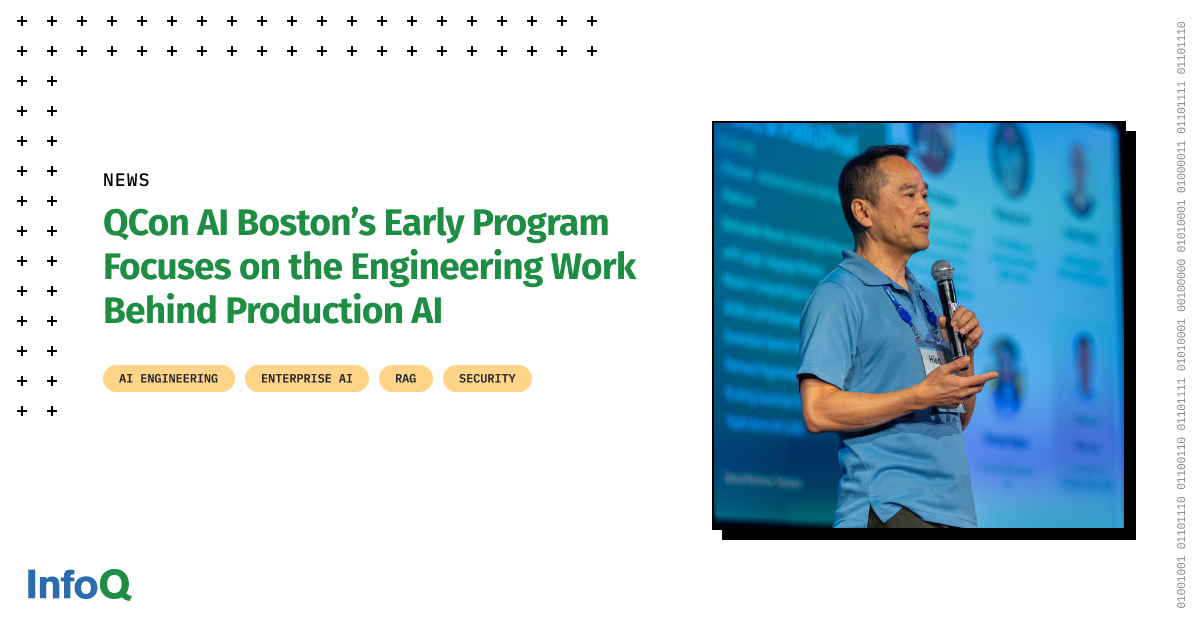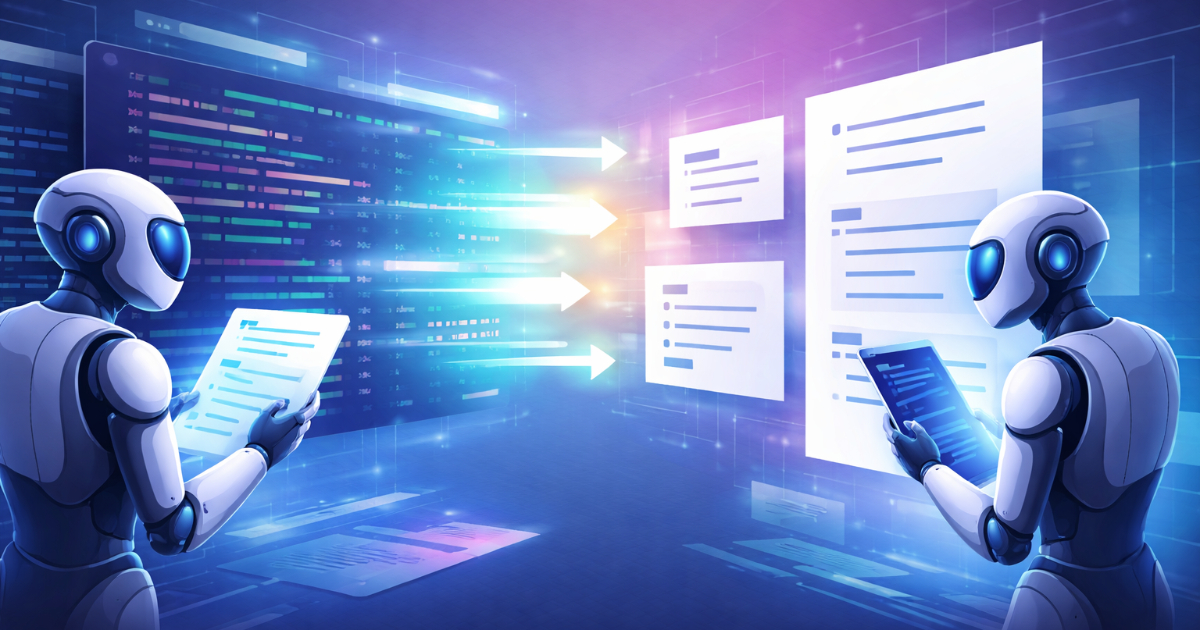Codetown
Codetown ::: a software developer's community
Setup project for multiple developers
Replies to This Discussion
-
Permalink Reply by Thomas Michaud on April 9, 2010 at 10:27am
-
Short Answer - Use Maven2 and Subversion (SVN).
Long Answer -
I recommend you use a Source Code Control program such as Subversion. All of your developers need to check code into and out of this.
Configure the subversion project with Maven2 (you could use Ant) to build a single war file.
Finally: You need to state to your developers you want a single WAR file for deployment. (And your developers should have already asked you how you want this deployed. Exploded WAR vs. Single (or multiple) WAR files. -
-
Permalink Reply by Jackie Gleason on April 9, 2010 at 11:22am
-
I agree with the previous poster except for one thing, I would add Hudson to the mix. Hudson is a very powerful tool that you can use to fire off whatever building you want to do using maven. So the steps would go something like this...
1.) User checks code into Subversion
2.) Hudson Recognizes the new commit and uses maven to build/run tests
3.) Hudson can then automatically deploy to whatever environment.
Of course you should also set up multiple environments so that commits are not automatically deployed to prod.
Long story short, research Maven, Subversion, and Hudson. -
-
Permalink Reply by Zemian Deng on April 9, 2010 at 1:35pm
-
These are basic infrastructure question, and I would suggest you re-use what's in your team's best talents first. Check with your team lead for his expertise in these area first. Everyone will have their own preference, and they work most efficiently with their strong areas. If you already got a team of 6, one would need to make decision for these and lead others to follow. Let the lead do what he does best with. If he is not good at it, he probably shouldn't be the lead in the first place.
With that said, I personally prefer a java development with these tools:
* Source Control: Mecurial (hg)
* BuildTool: Maven2 + Nexus Repository Manager
* Editor/IDE: JEdit and Eclipse with M2Eclipse plugin
* Project Management/Issue Tracker: Jira or Bugzilla
* Wiki: Confluence or MoinMoin
* BuiltServer: Hudson
Good luck with your team.
/Z -
Notes
Welcome to Codetown!
 Codetown is a social network. It's got blogs, forums, groups, personal pages and more! You might think of Codetown as a funky camper van with lots of compartments for your stuff and a great multimedia system, too! Best of all, Codetown has room for all of your friends.
Codetown is a social network. It's got blogs, forums, groups, personal pages and more! You might think of Codetown as a funky camper van with lots of compartments for your stuff and a great multimedia system, too! Best of all, Codetown has room for all of your friends.
Created by Michael Levin Dec 18, 2008 at 6:56pm. Last updated by Michael Levin May 4, 2018.
Looking for Jobs or Staff?
Check out the Codetown Jobs group.
InfoQ Reading List
Decentralizing Architectural Decisions with the Architecture Advice Process

Our system architectures have changed as technology and development practices have evolved, but the way we practice architecture hasn’t kept up. According to Andrew Harmel-Law, architecture needs to be decentralized, similar to how we have decentralized our systems. The alternative to having an architect take and communicate decisions is to “let anyone make the decisions” using the advice process.
By Ben LindersQCon AI Boston’s Early Program Focuses on the Engineering Work Behind Production AI

As teams move AI from pilots to production, the hard problems shift from demos to dependability. The first confirmed talks for QCon AI Boston (June 1–2) focus on context engineering, agent explainability, reasoning beyond basic RAG, evaluation, governance, and platform infrastructure needed to run AI reliably under real-world constraints.
By Artenisa ChatziouGitHub Data Shows AI Tools Creating "Convenience Loops" That Reshape Developer Language Choices

GitHub’s Octoverse 2025 report reveals a "convenience loop" where AI coding assistants drive language choice. TypeScript’s 66% surge to the #1 spot highlights a shift toward static typing, as types provide essential guardrails for LLMs. While Python leads in AI research, the industry is consolidating around stacks that minimize AI friction, creating a barrier for new, niche languages.
By Steef-Jan WiggersCloudflare Debuts Markdown for Agents and Content Signals to Guide AI Crawlers

Cloudflare has introduced “Markdown for Agents,” a feature that lets AI crawlers request Markdown versions of web pages. The company pairs the feature with a proposed “Content Signals” mechanism that lets publishers declare whether their content may be used for AI training, search indexing or inference.
By Matt FosterPresentation: What I Wish I Knew When I Started with Green IT

Ludi Akue discusses how the tech sector’s rising emissions impact our global climate goals. Drawing from her experience as a CTO, she explains seven key lessons for implementing Green IT. She shares insights on LCA assessments, the paradox of microservices, and why FinOps doesn’t always equal green.
By Ludi Akue
© 2026 Created by Michael Levin.
Powered by
![]()